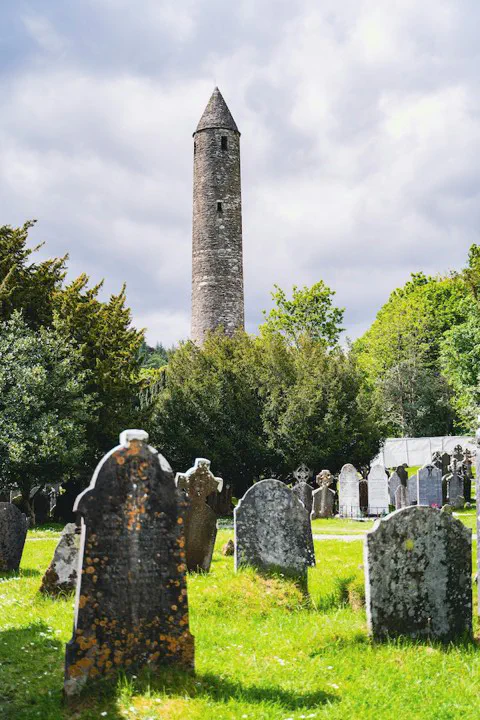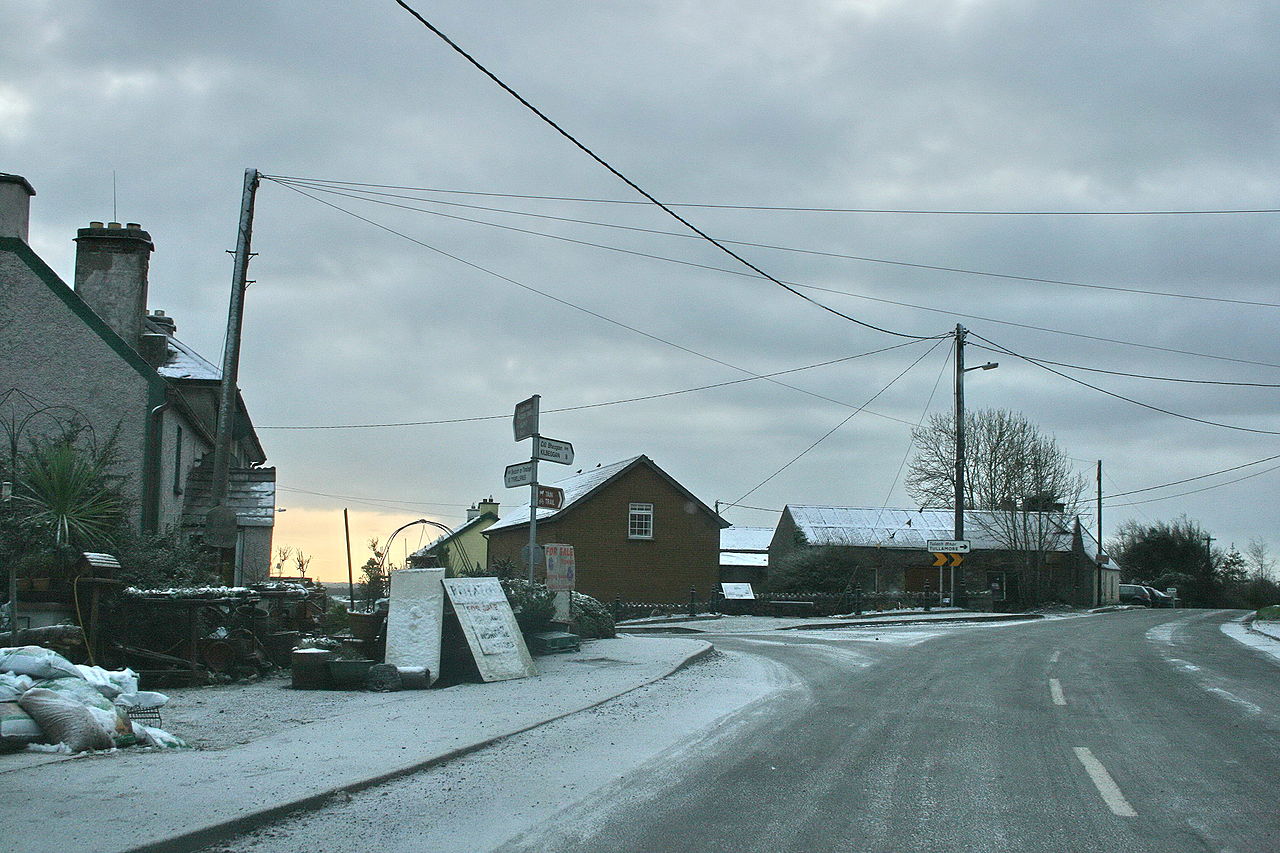- January 28, 1635
The incident between the City of London, the Irish Society of London, and the Plantation of Ulster in Northern Ireland is complex and controversial period involves the City of London’s involvement in the colonization and management of lands in Ulster in the early 17th century.
Plantation of Ulster
The Plantation of Ulster began in the early 1600s, following the defeat of Gaelic chieftains who had rebelled against English rule. The British Crown confiscated their lands and planned to settle them with English and Scottish Protestants, effectively colonizing the region.
Involvement of the City of London
To fund and manage part of this plantation, the Crown enlisted the City of London’s assistance. In 1609, the City formed the Irish Society, a consortium of livery companies, to undertake the plantation of County Londonderry.
Mismanagement and Neglect
Over time, there were allegations and charges of mismanagement and neglect by the Irish Society and the City of London in their administration of the lands. This involved issues such as failure to properly settle the land with tenants, mismanagement of resources, and neglect of development obligations.
Legal Proceedings
These allegations led to legal proceedings, and in some historical instances, the City of London and the Irish Society were found guilty of mismanagement. For example, in 1635, during the reign of Charles I, a commission found that the companies had not fulfilled their obligations. As a result, the king seized the Irish estates; however, they were later returned to the companies after they agreed to fulfill their original commitments.
Long-Term Impact
The Plantation of Ulster had profound and lasting effects on the social, political, and religious landscape of Northern Ireland. It is a key factor in the historical tensions between Protestant settlers and the native Catholic population.
Historical Interpretation
The history of the Ulster Plantation, including the role of the City of London and the Irish Society, is a subject of significant historical debate and interpretation. It is often viewed through various perspectives, reflecting the complex and contentious nature of Irish-British history.
It is important to note that the historical context and consequences of the Plantation of Ulster are multifaceted and continue to influence the cultural and political narratives of Northern Ireland and the Republic of Ireland.

 ← Sailing ship Blessing of Burntisland, sank
← Sailing ship Blessing of Burntisland, sank
 A shower of hailstones, with stones as large as four inches in circumference, is reported in Castletown, Co. Offaly →
A shower of hailstones, with stones as large as four inches in circumference, is reported in Castletown, Co. Offaly →